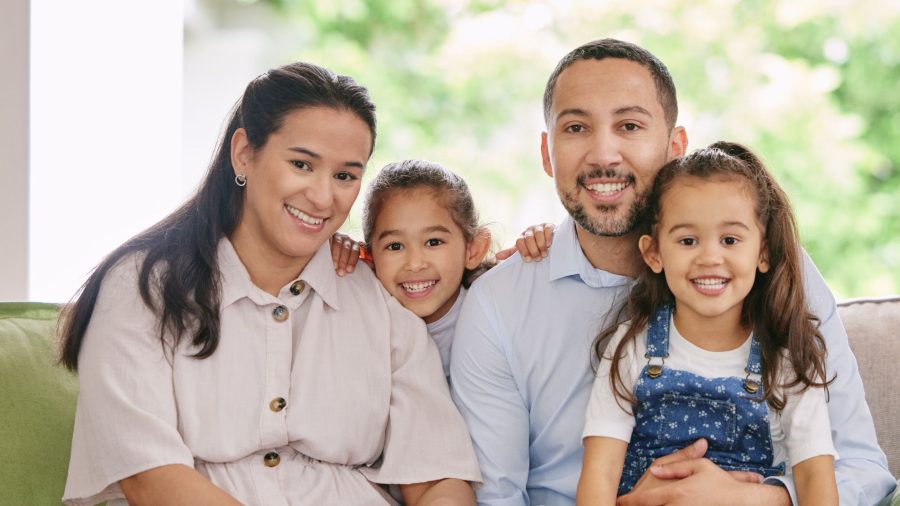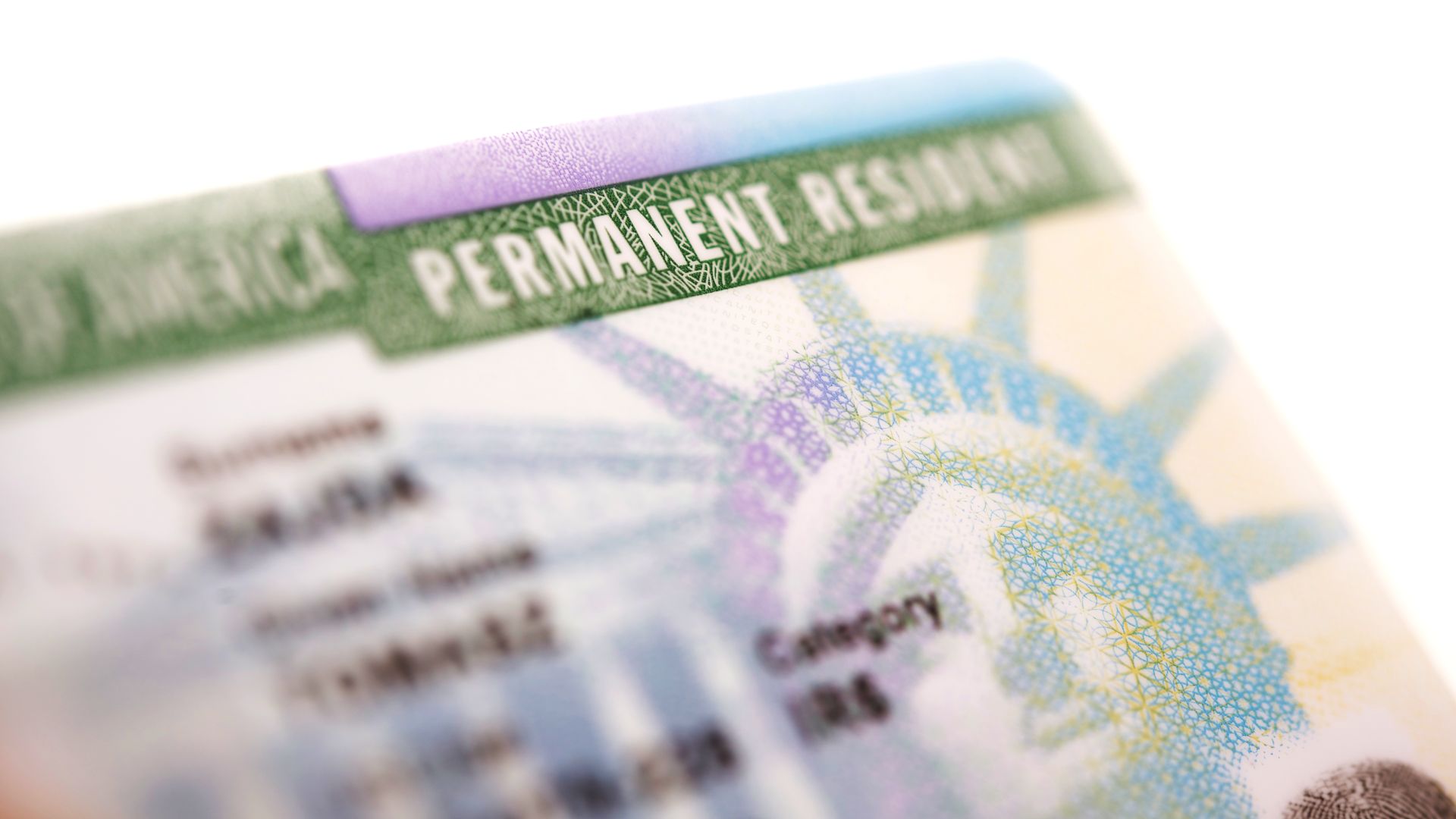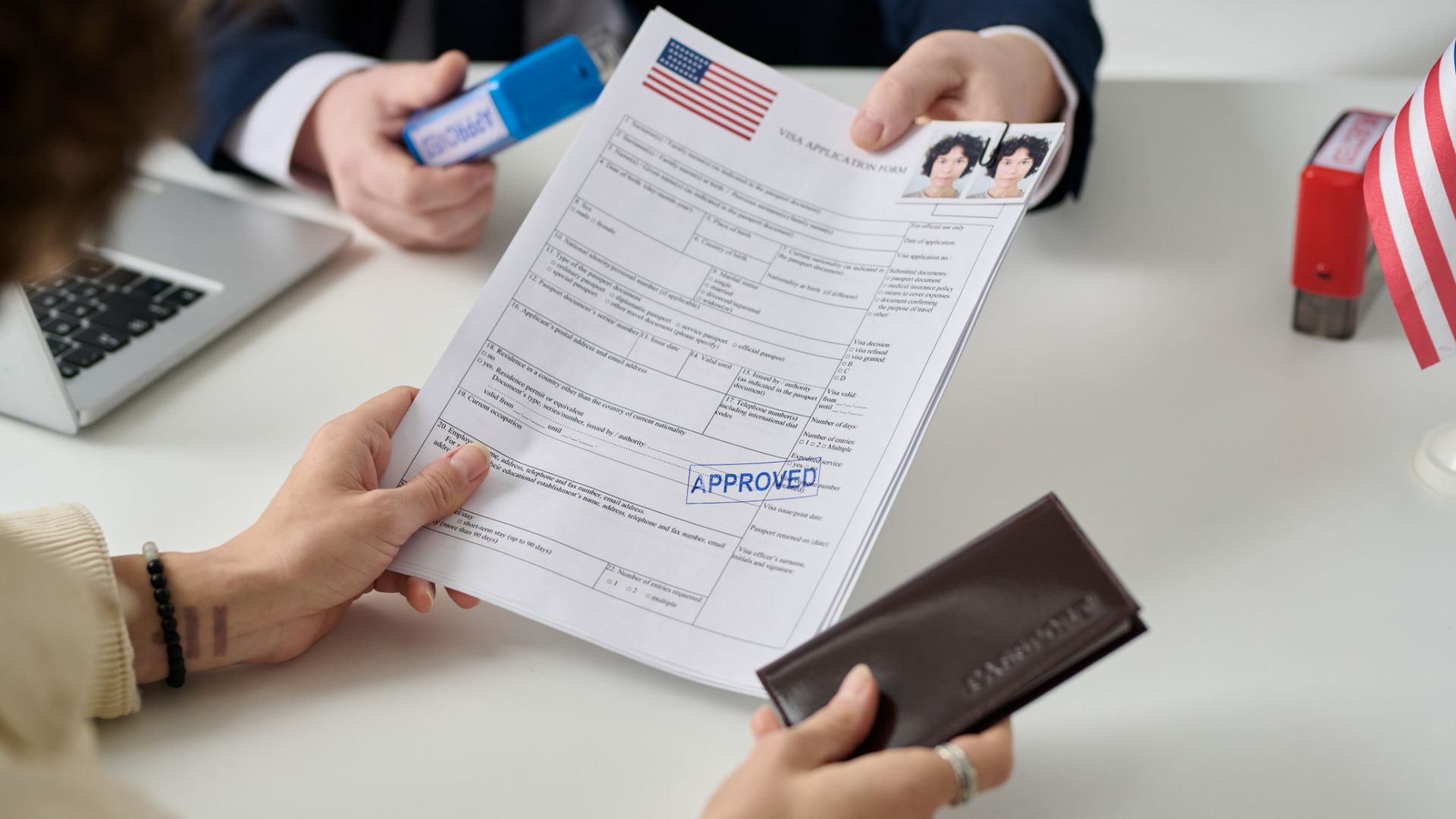The F2A immigrant visa serves as a crucial pathway for the spouses and unmarried children under 21 years old of lawful permanent residents (LPRs) to reunite with their loved ones in the United States. This visa category holds significance in fostering family unity and maintaining familial bonds across borders. In this blog, we’ll delve into the intricacies of the F2A immigrant visa, exploring its eligibility criteria, application process, and significance for families navigating the immigration landscape.
Eligibility Criteria for F2A Visa
The F2A immigrant visa is specifically designated for spouses and unmarried children under 21 years old of lawful permanent residents (green card holders). To qualify for this visa, the petitioner (the LPR) must demonstrate their legal status and relationship with the intending immigrant(s). Additionally, the petitioner must meet the financial requirements to support the incoming family member(s) and ensure they won’t become a public charge upon arrival in the United States.
Application Process of F2A Visa
The application process for the F2A immigrant visa involves several steps, starting with the petitioner filing Form I-130, Petition for Alien Relative, with the United States Citizenship and Immigration Services (USCIS). Once the petition is approved, it is forwarded to the National Visa Center (NVC), where further documentation is processed. The intending immigrant(s) must then complete Form DS-260, Immigrant Visa Electronic Application, and undergo a medical examination. After these steps, an interview is scheduled at the U.S. consulate or embassy in the applicant’s home country. If approved, the applicant receives their immigrant visa, allowing them to enter the United States as a lawful permanent resident.
Here’s a breakdown of the application process for F2A Visas:
- File Form I-130 (Petition for Alien Relative):
- The process begins with the petitioner, who is typically the lawful permanent resident (LPR) spouse or parent, filing Form I-130, Petition for Alien Relative, with the United States Citizenship and Immigration Services (USCIS).
- The petitioner must provide evidence of their lawful status as a permanent resident, along with proof of the relationship with the intending immigrant spouse or child. This may include marriage certificates, birth certificates, and other relevant documents.
- USCIS will review the petition to verify the authenticity of the relationship and determine eligibility for the F2A immigrant visa category.
- Receive Notice of Receipt and Processing:
- After submitting Form I-130, the petitioner will receive a Notice of Receipt from USCIS confirming the submission of the petition.
- USCIS will then process the petition, which may take several months. During this time, the petitioner can check the status of their case online using the receipt number provided in the Notice of Receipt.
- Case Forwarded to the National Visa Center (NVC):
- Once USCIS approves the petition, it is forwarded to the National Visa Center (NVC) for further processing.
- The NVC will send a notification to both the petitioner and the intending immigrant(s) (beneficiary) informing them of the case transfer and providing instructions on the next steps.
- Submit Form DS-261 (Choice of Address and Agent):
- The petitioner or the intending immigrant(s) must complete Form DS-261, Choice of Address and Agent, online through the Consular Electronic Application Center (CEAC) website.
- This form provides information about where correspondence related to the visa application should be sent and designates an agent if applicable.
- Pay Fees and Submit Supporting Documents:
- The petitioner or the intending immigrant(s) must pay the required fees for visa processing and submit supporting documents to the NVC.
- These documents may include civil documents (such as birth certificates, marriage certificates, and police certificates), the Affidavit of Support (Form I-864), and any other requested information.
- Complete Form DS-260 (Immigrant Visa Electronic Application):
- The intending immigrant(s) must complete Form DS-260, Immigrant Visa Electronic Application, online through the CEAC website.
- This form collects biographic information, details about the intending immigrant’s background, and other relevant data required for visa processing.
- Undergo Medical Examination:
- The intending immigrant(s) must undergo a medical examination by an authorized physician. The examination includes a physical evaluation, vaccination assessment, and screening for communicable diseases.
- Schedule and Attend Visa Interview:
- Once all required documents and forms are submitted, the NVC will schedule an interview appointment at the U.S. embassy or consulate in the country where the intending immigrant resides.
- The intending immigrant(s) must attend the visa interview, bringing all necessary documentation, including passports, photographs, and any additional forms or evidence requested.
- Receive Visa Decision:
- At the interview, a consular officer will review the application, ask questions, and assess the eligibility of the intending immigrant(s) for the F2A immigrant visa.
- If approved, the intending immigrant(s) will receive their immigrant visa, allowing them to travel to the United States and enter as lawful permanent residents.
- Travel to the United States:
- Once the immigrant visa is issued, the intending immigrant(s) can make arrangements to travel to the United States within the validity period of the visa.
- Upon arrival in the United States, they will go through customs and immigration processing at a port of entry, where they will be admitted as lawful permanent residents.
It’s important to note that throughout the application process, both the petitioner and the intending immigrant(s) should stay informed about any updates or requests from USCIS, the NVC, or the U.S. embassy or consulate. Additionally, they should ensure all documentation is accurate, complete, and submitted in a timely manner to avoid delays or complications in the processing of the F2A immigrant visa.
Processing Time of F2A Visa
The processing time for the F2A immigrant visa can vary depending on various factors such as the caseload at USCIS and the embassy or consulate where the interview takes place. Generally, it can take several months to a few years for the entire process to be completed. Patience and careful planning are essential during this period, as families eagerly await their reunion.
Significance and Impact
The F2A immigrant visa holds immense significance for families separated by borders. It provides an avenue for spouses and children to join their loved ones in the United States and build a life together. Beyond the emotional aspect, this visa category contributes to the social fabric and economic vitality of the nation. Reunited families can support each other, contribute to their communities, and pursue their dreams in their adopted homeland.
Challenges and Considerations
Despite its importance, the F2A immigrant visa process is not without its challenges. Lengthy processing times, bureaucratic hurdles, and stringent eligibility criteria can test the patience and resilience of families. Additionally, changes in immigration policies and regulations can impact the process, requiring applicants to stay informed and adaptable throughout their journey.
Get Help with F2A Immigrant Visa
Where borders often separate families, the F2A immigrant visa serves as a lifeline, offering hope and opportunity for spouses and children to reunite with their loved ones in the United States. While the process may be complex and arduous, the promise of family unity and a brighter future propels many through its challenges.








